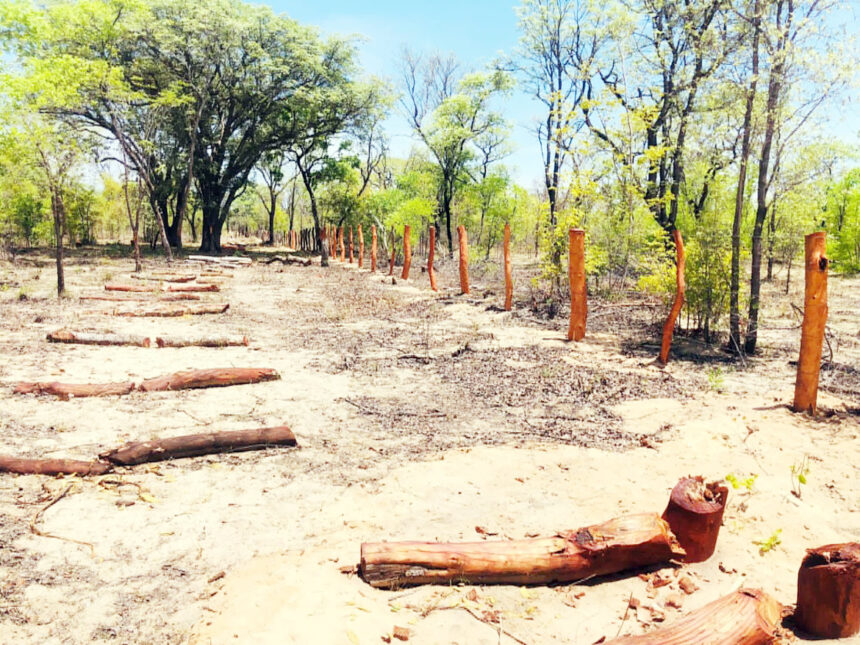Lylie Joel
NKURENKURU – The Kavango West Communal Land Board has recorded a total of 56 cases of illegal fencing.
One such case has been submitted to the line minister’s office for actual removal as the perpetrator has not removed it voluntarily, said Deputy Director for Kavango West Communal Land Board, Justine Milinga, in an interview with Nampa yesterday.
He noted that the Ukwangali Traditional Authority area has 30 cases of illegal fencing, and the remaining 26 cases were investigated in the Mbunza Traditional Authority.
“So far, the Kavango West Communal Land Board has issued 11 notices for removal of illegal fences, and the remaining cases are still to be decided on,” said Milinga.
He stated that the illegal sale of land is the biggest challenge in Kavango West, adding that when some owners of illegal fences appeal against the decision of the board to have their fences removed, it delays the board from taking action, as action may only be taken when the appeal is finalised and judgement delivered.
“The majority of those with illegal fences possess consent letters from traditional authorities, and this is an indication that such allocations are supported by the traditional authorities. The board does not have an issue with the allocations, but only with the illegal fencing. The expectation of the board is that when allocations are done by the traditional authorities, people allocated such land must be informed that illegal fencing is not allowed,” added Milinga.
He said those who are interested in fencing off land may do so around their homesteads, gardens, crop fields, boreholes and kraals, but not fence off commonage that others depend on for grazing, browsing, collection of wild fruits, medicinal use and many other customary uses of land.
Milinga highlighted that when community members lodge complaints of illegal fences, it means they are obstructed or deprived of the use of the commonage, and where procedures were not properly followed for authorisation to be granted for such fences, it will, unfortunately, result in notices for removal after investigation.
He thus cautioned the general public that the law prohibits illegal fencing, and punishes offenders for such actions. -Nampa



